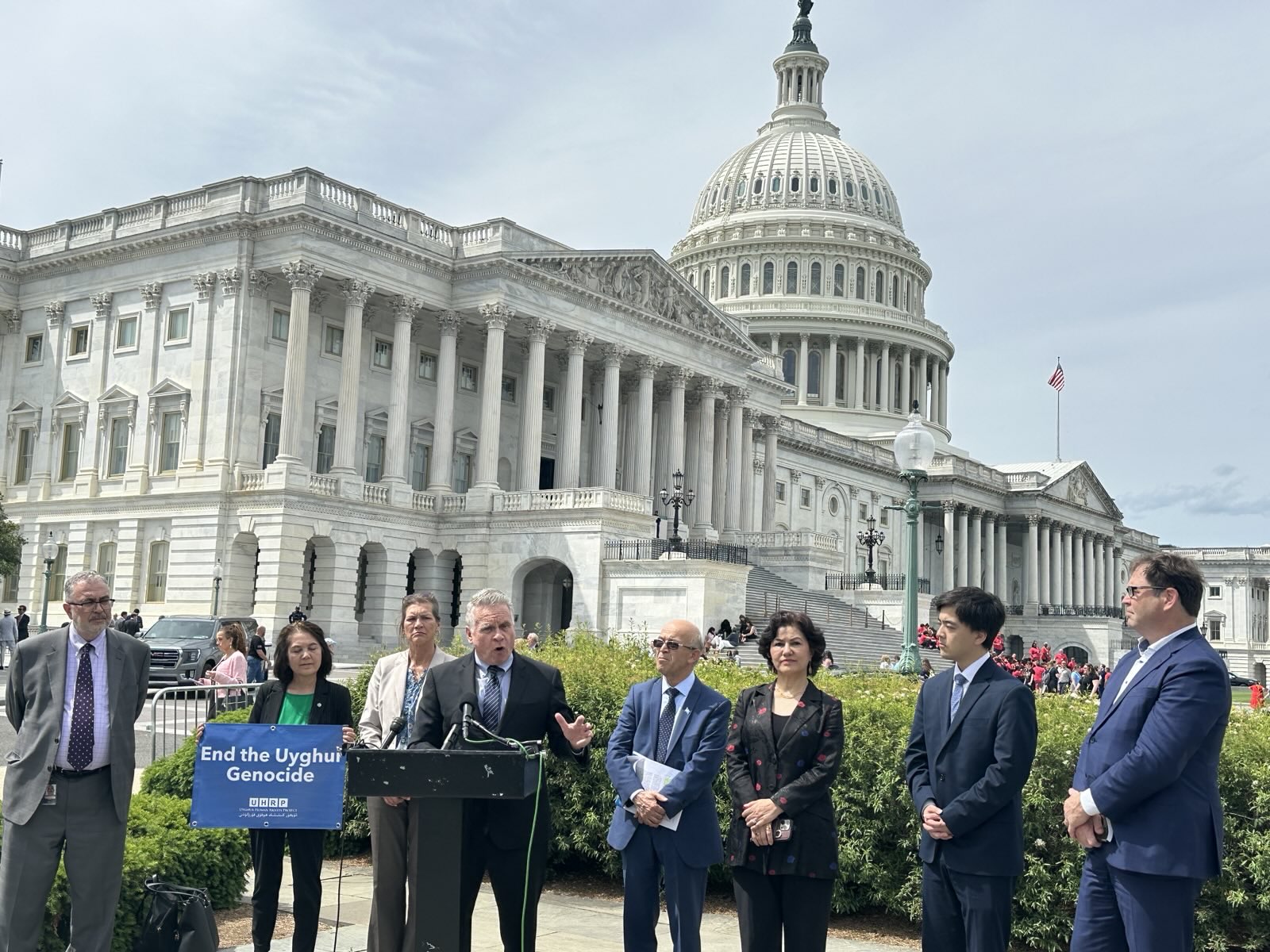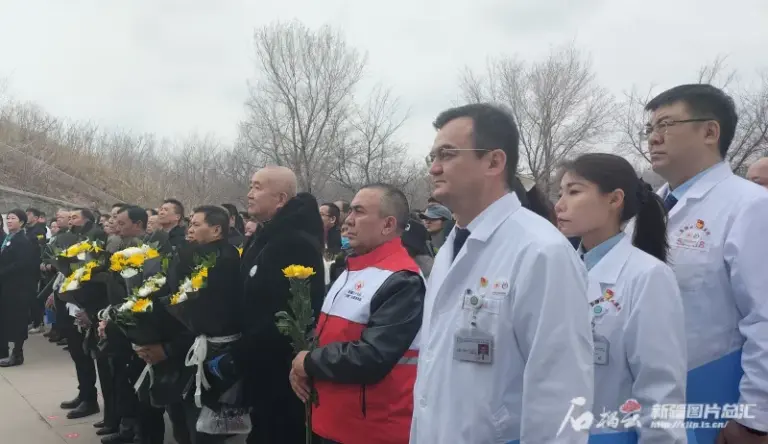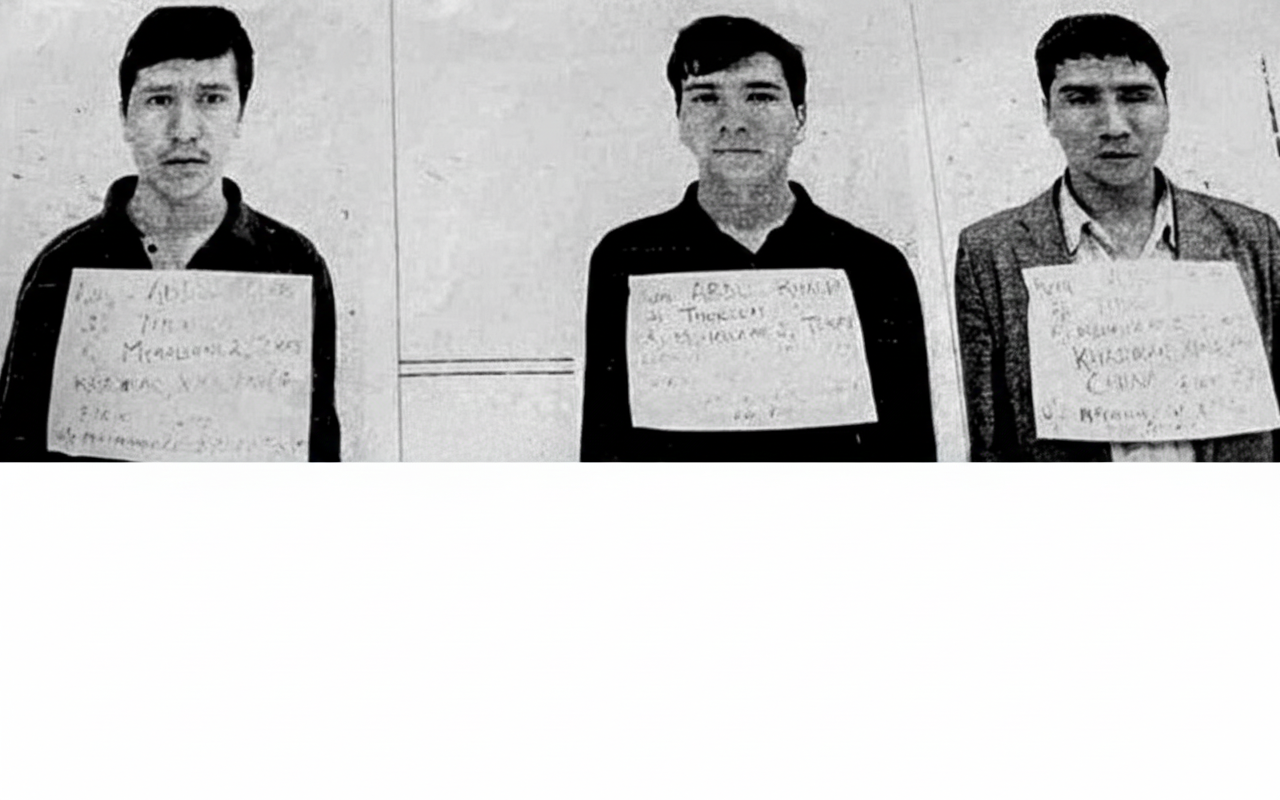
By Uyghur Times Staff
May 8, 2025 | Washington, D.C.
The U.S. House of Representatives has passed the Stop Forced Organ Harvesting Act of 2025 (H.R. 1503) with overwhelming bipartisan support, aiming to combat the gruesome practice of forced organ harvesting, particularly in China. The bill, introduced by Rep. Chris Smith (R-NJ), passed 406-1, with only Rep. Thomas Massie (R-KY) voting against it.
The bill mandates the U.S. President to identify and sanction individuals and entities involved in the facilitation of forced organ harvesting or human trafficking for the purpose of organ removal. It also authorizes the Department of State to deny or revoke the passports of individuals convicted of related federal crimes.
Uyghur advocacy groups have expressed strong support for the Stop Forced Organ Harvesting Act of 2025, applauding its passage in the U.S. House of Representatives. Omer Kanat, Executive Director of the Uyghur Human Rights Project (UHRP), wrote on X: “Thanks to Rep. Chris Smith and @USRepKeating for sponsoring the bipartisan Stop Forced Organ Harvesting Act of 2025. UHRP, in solidarity with other human rights organizations, urges action for accountability on China’s forced organ harvesting from prisoners.”
The Uyghur American Association also shared gratitude on X, stating: “We thank all 406 members of the House of Representatives for voting YES to pass the Stop Forced Organ Harvesting Act today. We will continue to advocate for its swift passage in the Senate and for this vital bill to be signed into law.”
Campaign for Uyghurs similarly voiced its endorsement of the bill, joining the broader Uyghur rights community in pushing for legislative action against China’s documented abuses.
Under the bill:
- The President must report to Congress a list of perpetrators involved in organ trafficking and harvesting.
- Those listed will face property and visa-blocking sanctions.
- The State Department may revoke or deny passports for individuals convicted of knowingly transferring human organs for profit if they crossed international borders in the process.
The legislation, spearheaded by Rep. Smith and backed by the House Foreign Affairs Committee, saw nearly unanimous support across party lines. It explicitly addresses human rights abuses by the Chinese Communist Party, particularly targeting its practices against Falun Gong practitioners and Uyghur Muslims. Rep. Massie, the lone dissenting voice, did not offer a detailed public rationale for his vote.
For years, human rights organizations and survivors have accused the Chinese government of harvesting organs from political prisoners, including members of the Uyghur and Falun Gong communities. The bill is seen as a major step in holding perpetrators accountable and preventing them from traveling freely or accessing financial assets in the United States.
“China’s Communist regime is committing crimes against humanity, including forced organ harvesting from living victims,” Rep. Smith said during the debate. “This bill ensures the U.S. will not be complicit or silent.”
The legislation reflects growing global concern over the Chinese government’s systematic human rights abuses. It aligns with existing international laws prohibiting human trafficking and organ trade, reinforcing the U.S.’s stance as a defender of human dignity and bodily autonomy.
Additional Resources






